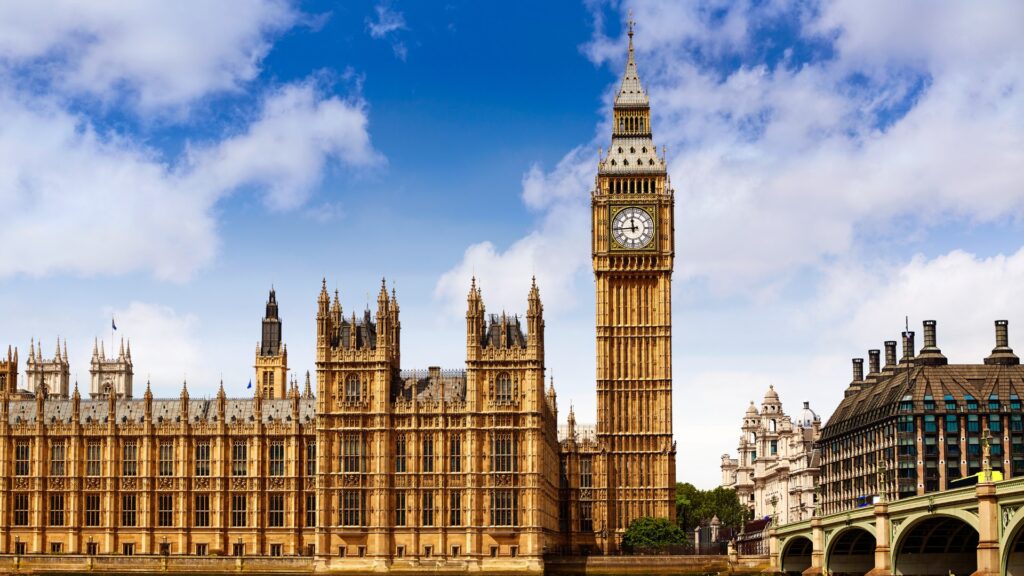

Mike Laughton
Artificial Intelligence


Jessica Birch
Public Sector


The UK’s new online safety regime is officially in force. This legislation elevates the powers of UK communications regulator, Ofcom to hold tech businesses operating in the UK to account for a duty of care to its users. Ofcom has updated its roadmap to regulation timeline, which adopts a phased approach to implementation.
Ofcom’s primary focus is on illegal harms, with the first consultation opening on 9 November 2023 containing proposals for how services can comply with illegal content safety duties and draft Codes of Practice. Ofcom anticipates the illegal harm codes compliance to come into force at the end of 2024.
Phase two of the enforcement plan focuses on child safety, pornography and protecting women and girls online. Ofcom has committed to consulting on draft guidance on hosting pornographic content in December 2023 and final guidance will be available to pornography providers by 2025. As part of phase two, Ofcom will publish a consultation on Children’s Access Assessment in Spring 2024, and Ofcom expects that services will be required to comply with protecting children’s safety duties by Q3 of 2025.
The final phase will focus on additional duties applying to regulated services. Ofcom will advise the Technology Secretary of State on the thresholds for categorisation and anticipate publishing a register of categorised services by the end of 2024. The government has estimated that between 30 to 40 companies will fall into this category.
The government will look to repeal the current VSP regime, to be superseded by the new online safety regime. VSP will be given six months’ notice of the repeal and the process for conducting risk assessment and child access assessments for these services will be set out by the Secretary of State in secondary legislation.
The online safety regime will be funded by fees paid by providers of regulated services whose qualifying worldwide revenue (QWR) meets or exceeds a certain threshold. Ofcom will consult publicly on the definition of QWR and on their approach to calculating fees. Much of the funding regime will be implemented via secondary legislation, with the ambition of being in place by the 2026/27 financial year.
The scope of the regulatory regime is wide and applies to a variety of services, such as social media and online games. The targeted functionalities are also broad, including actions such as posting images, uploading videos, and sending direct or private messages. However, Ofcom has indicated that while most tech businesses will not fall within the scope of a regulated service provider, they will still need to undertake risk assessments.
The legislation no longer targets legal but harmful material, narrowing its focus to two main types of content: that which is illegal and that which is harmful to children. In the final rounds of amendments in parliament, the government resolved – or perhaps merely postponed – tension over requirements for encrypted services, which challenges the UK operations of businesses such as WhatsApp and Signal. The government clarified that Ofcom would only require companies to scan their networks when the technology capable of doing so is developed, which many experts believe could take years.
Ofcom is swiftly launching into consultation phase and businesses that are likely to fall in scope are encouraged to engage with this process. Whilst committing to the implementation timeline in earnest, Ofcom recognises that a UK General Election in 2024 may derail some of these timelines. Much of the detail surrounding regulated services will be outlined through secondary legislation and Access Partnership will be monitoring these processes closely.
Please contact Michael Laughton at [email protected] or Jessica Birch at [email protected] to understand more about engaging with Ofcom in the implementation of this new content moderation regime.



